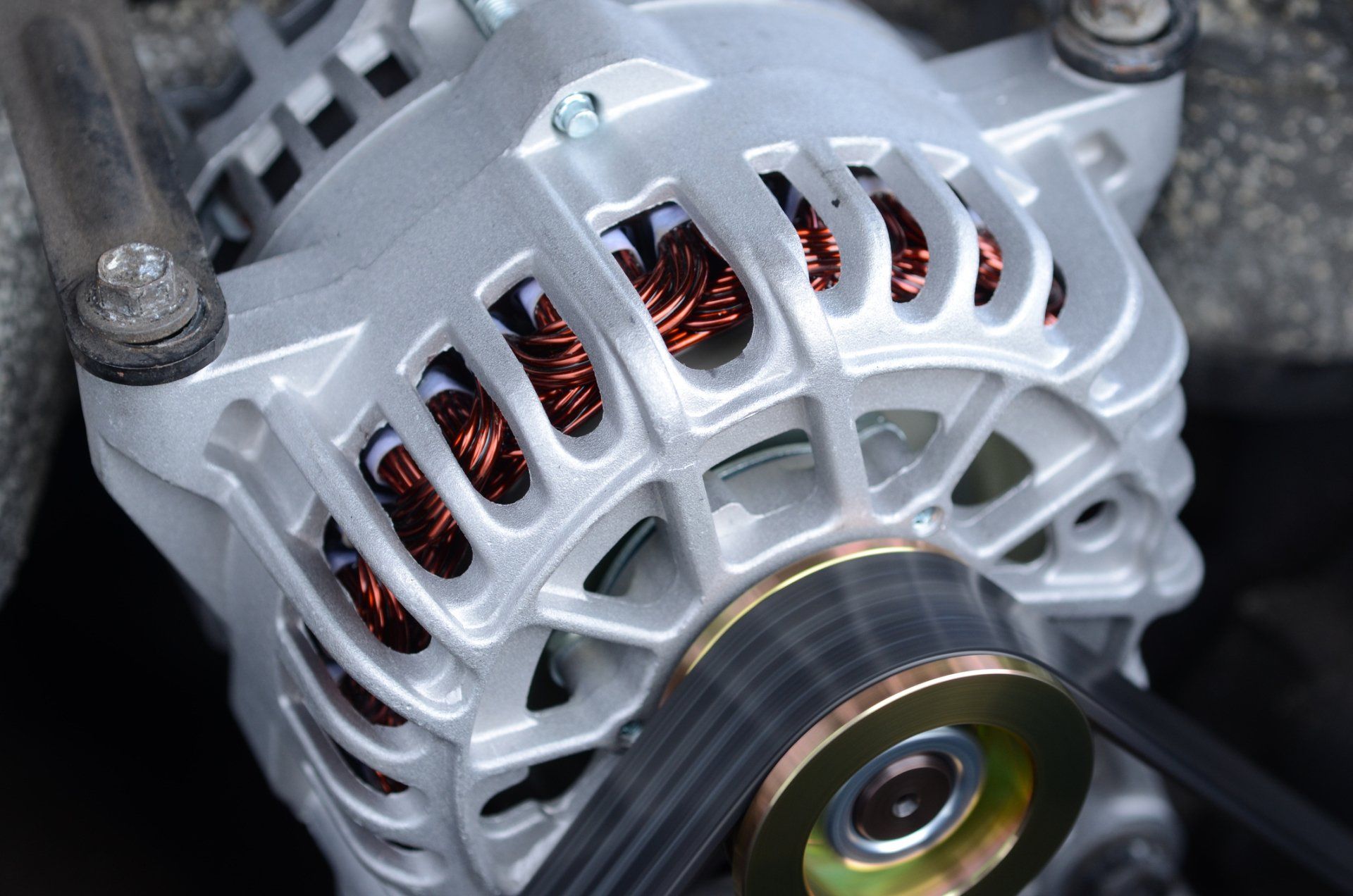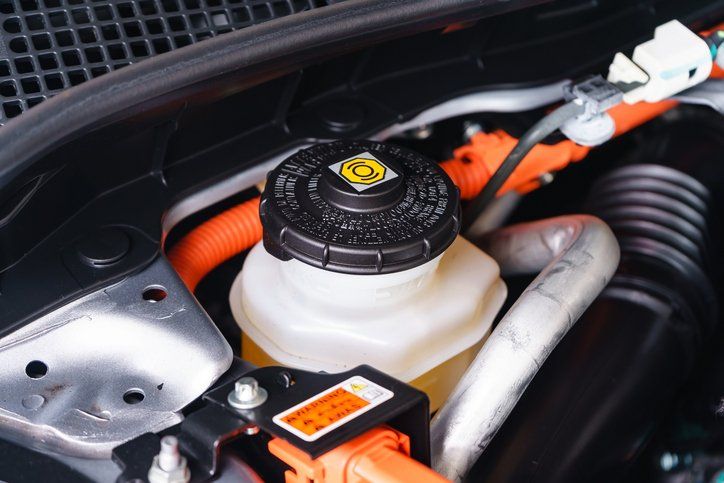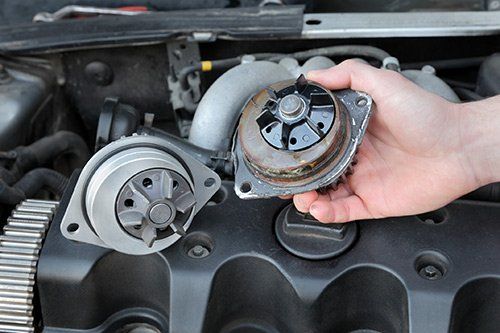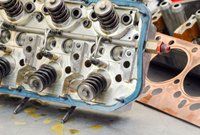
Road trips are a lot of fun. You and your friends or family members get to travel to an exciting destination, eating snacks and playing great music along the way. One thing that could put a damper on your road trip, however, is your car breaking down unexpectedly.
The good news is that you can keep this disaster from happening by always having some basic checks performed on your car before you hit the road. And, while a full checkup is never a bad idea, there are a few key things you'll definitely want to take notice of before your big trip.
Check the Oil
First things first, you'll definitely want to make sure that you check your oil before you go on a road trip. If you need to change your oil, make sure you do so — especially if you're past-due for an oil change.
Even if you're not due for a change, add some oil if you're running low. The proper oil levels will allow your car to run smoothly and safely throughout your entire road trip.
Check Your Battery
One of the most important components of your vehicle is its battery. Without a properly functioning battery, you aren't going to be able to go anywhere!
Before you take off on your trip, check your battery to ensure that it is fully charged and working correctly. You may also want to have the terminals cleaned if your battery connections are looking a little rusty.
Check Coolant Levels
Just as you want your oil to be at just the right level, you also want the proper coolant levels in your vehicle. After all, the last thing you want on a long road trip is for your car to overheat, which could seriously damage the engine.
So, make sure the coolant levels are where they need to be, carefully adding adequate amounts of coolant if needed. Also, make sure that no coolant is leaking from your vehicle before you embark on your trip.
Check Your Radiator Hoses
Another important thing to have checked — that often gets overlooked — is your radiator hoses.
These hoses are exposed to extreme temperatures, so they can easily develop problematic holes and leaks. Look over them carefully for blistering or other signs of trouble. Also, make sure that they are firmly and properly connected.
Depending on how your hoses look, tightening, patching or replacement may be required. In any case, though, these are all things you would want to take care of before leaving on your road trip.
Check Your Tires
Perhaps the most important thing to check before you embark on a road trip is your tires. Go over them carefully, checking for tears, bulges, proper air pressure and plenty of tread left on each tire.
If you notice any issues, be sure to address them fully and promptly to avoid problems. The last thing you want is to get a flat tire on your trip or to not have the proper traction if you come across slippery roads or other potentially unsafe conditions.
As you can see, there are lots of things you need to think about and check for before you can safely head out on a road trip. Taking the time to perform these checks ahead of time, however, will greatly help to ease your peace of mind and allow you to more fully enjoy your road trip.
Your best bet is to have a qualified mechanic perform these all-important checks for you. If you're looking for experts to do the job at an affordable price, be sure to get in touch with the friendly professionals at Midway Garage & Salvage LLC.


















